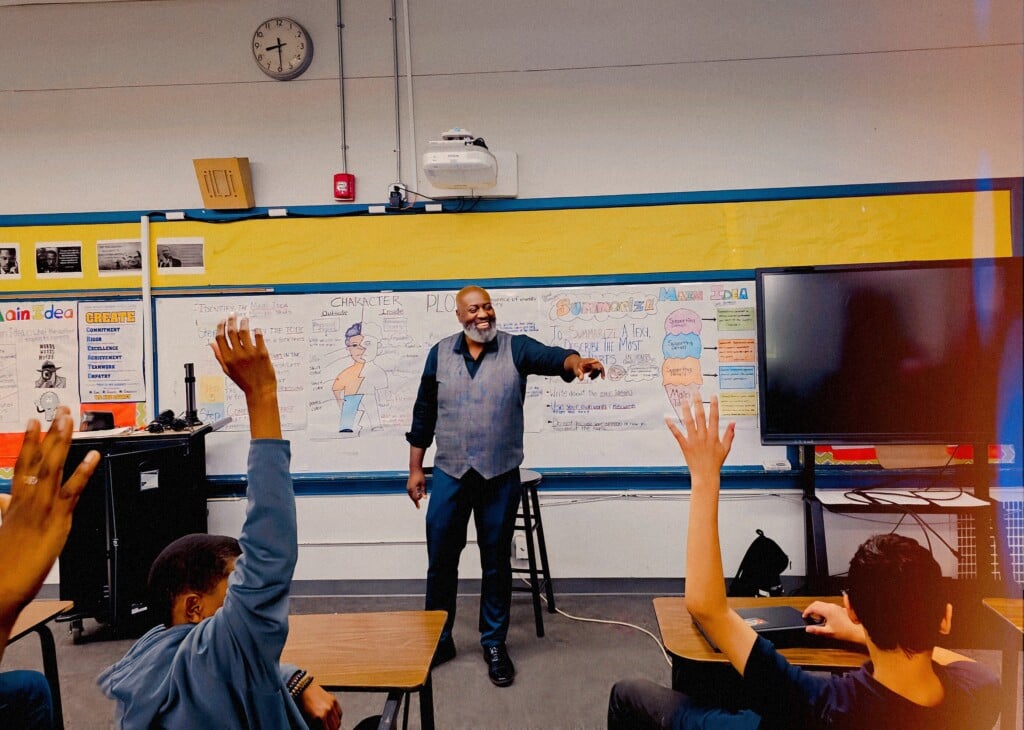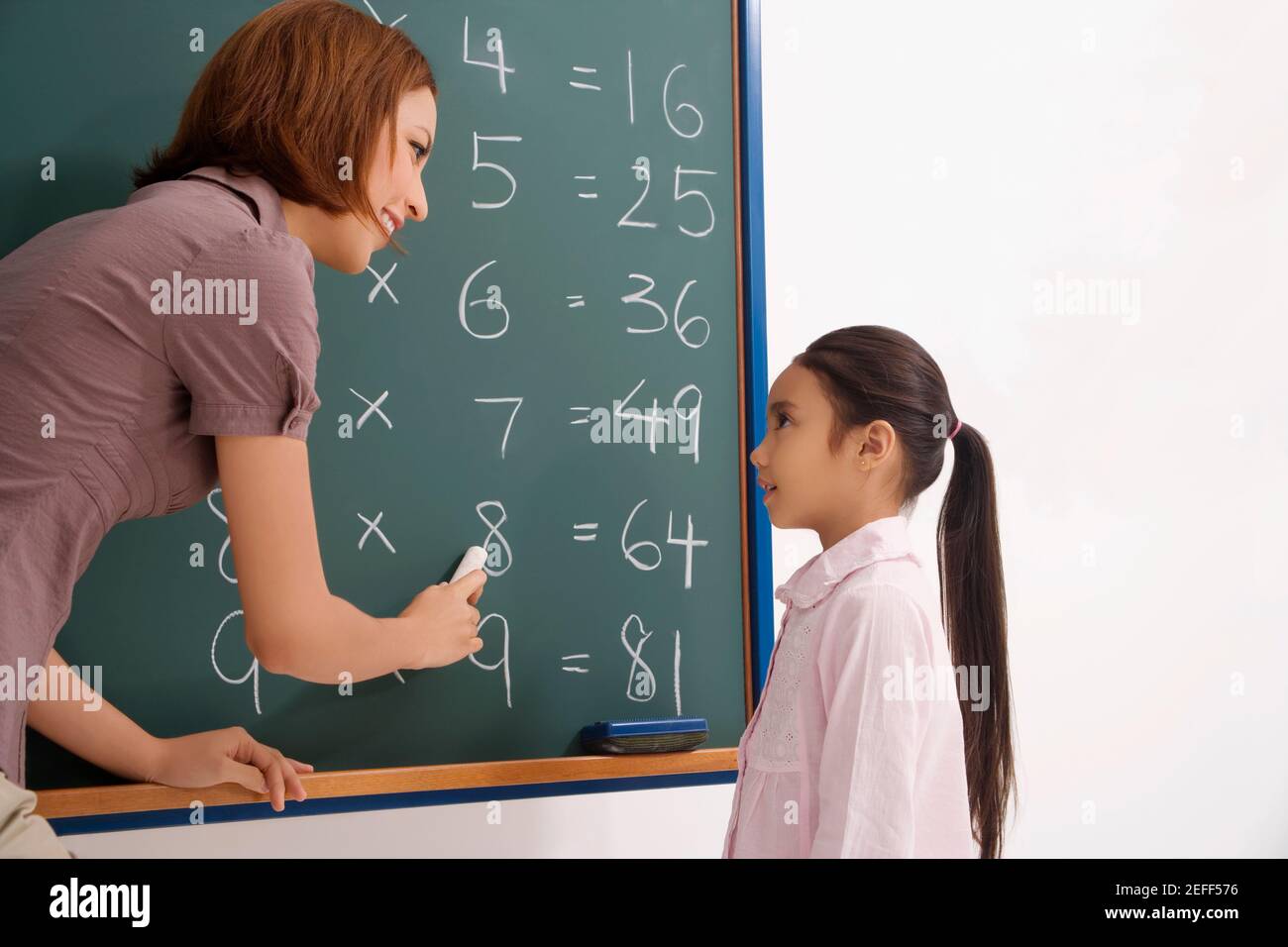Affordable Primary Science Tuition Singapore for All Learning Needs
Affordable Primary Science Tuition Singapore for All Learning Needs
Blog Article
Discover the Vital Benefits of Comprehending Main Scientific Research for Young Students
The significance of main science education and learning for young learners extends far beyond simple knowledge purchase; it serves as a basic column in creating vital abilities such as critical reasoning, analytic, and imagination. Involving with scientific principles via inquiry-based and interactive tasks not just cultivates curiosity however additionally lays the foundation for resilient, positive learners.
Enhancing Crucial Believing Skills
Promoting critical thinking abilities in young learners is necessary for their cognitive advancement and future scholastic success. Important thinking makes it possible for children to assess info, assess evidence, and make informed decisions, which are vital skills in today's information-rich culture. By involving in clinical questions, young learners can enhance these skills as they explore concepts via observation, reasoning, and experimentation.
In primary science education and learning, instructors can help with vital reasoning by encouraging trainees to ask inquiries, create hypotheses, and perform experiments. This hands-on approach enables children to practice analytical and establish rational reasoning abilities. For instance, when students check out the residential or commercial properties of products or the concepts of activity, they learn to examine their findings seriously and attract final thoughts based on proof.
In addition, conversations and collective jobs can advertise critical reasoning by giving possibilities for students to verbalize their thoughts, difficulty presumptions, and consider diverse point of views. By creating a supportive atmosphere that values questions and reflection, educators can support essential believing skills that empower young students to become lifelong students and independent thinkers. Ultimately, enhancing these skills lays a durable structure for their future scholastic undertakings and individual development.
Promoting Inquisitiveness and Exploration

Main science education and learning supplies an organized setting where young learners can explore various phenomena through hands-on experiments and observations. By permitting them to connect with materials and take part in inquiry-based understanding, teachers develop opportunities for kids to create hypotheses, test their concepts, and attract final thoughts. Such experiences support a sense of marvel and excitement about scientific research.

Building Self-confidence in Issue Solving
Building self-confidence in analytic is an essential element of main science education that empowers young students to come close to challenges with durability and creativity - primary science tuition Singapore. They develop essential abilities in critical reasoning and analysis when children are encouraged to engage with clinical concepts via hands-on activities and inquiry-based knowing. This process not just enhances their understanding of scientific principles but additionally promotes a feeling of possession over their learning
To construct confidence, teachers should create a supportive atmosphere where errors are deemed possibilities for growth as opposed to failings. This motivates pupils to take dangers and check out numerous options to issues. By giving scaffolding and advice, educators can aid trainees browse intricate jobs, progressively enhancing their freedom in analytical scenarios.
In addition, joint discovering experiences, such as More Help team jobs or experiments, can even more improve trainees' confidence as they learn to articulate their ideas and pay attention to others' viewpoints. These communications nurture social abilities and enhance the concept that analytical is usually a collective venture. Ultimately, growing confidence in analytical prepares young students for future academic obstacles and outfits them with the tools needed for lifelong understanding.
Urging Imagination and Advancement
In the realm of primary scientific research education, encouraging creativity and advancement is crucial for cultivating a dynamic learning setting. By promoting a society where young learners can explore concepts and experiment freely, teachers assist students develop crucial assuming abilities and an enthusiasm for discovery. Creative thinking in scientific research urges youngsters to ask questions, devise theories, and take part in hands-on tasks that promote their creative imagination.
Integrating flexible jobs and inquiry-based knowing into the curriculum allows pupils to share their distinct viewpoints and solutions. When entrusted with resolving a trouble associated to their setting, pupils can conceptualize numerous techniques, leading to innovative results that display their originality. This not only grows their understanding of clinical principles but additionally imparts a sense of possession over their discovering procedure.
Furthermore, creative scientific research education supports partnership amongst peers, as trainees typically share ideas and improve one an additional's understandings - primary science tuition Singapore. This collaborative spirit advertises not just technology however also crucial social abilities. Thus, by prioritizing creativity and innovation in main scientific research education and learning, we equip young students to think view it critically, welcome obstacles, and imagine possibilities, laying a strong foundation for long-lasting understanding and exploration
Planning For Future Understanding Challenges
Young students' ability to browse future learning obstacles depends upon a solid structure in primary scientific research education. This foundational understanding outfits students with essential thinking abilities and a methodical approach to analytical, essential for taking on complex concerns in an ever-evolving world. Primary scientific research cultivates inquiry-based discovering, motivating students to ask questions, explore theories, and take part in hands-on experiments.
As they develop these skills, learners become adept at assessing information, acknowledging patterns, and drawing notified conclusions. Such proficiencies are crucial not only in scientific areas yet also in innovation, mathematics, and engineering (STEM), where interdisciplinary expertise is significantly important.
Furthermore, main science education cultivates a feeling of interest and strength in young students, allowing them to view challenges as possibilities for growth. As they experience and conquer barriers in their clinical explorations, they construct confidence in their capacity to adjust and introduce.
Eventually, a strong foundation in key scientific research not just prepares young learners for academic searches but likewise furnishes them with the devices needed for lifelong learning and flexibility in a quickly altering international landscape. By buying main science education, we are spending in the future possibility of our students.
Conclusion
Understanding main science is critical for young students, as it cultivates vital reasoning, curiosity, and imagination. Ultimately, the benefits of key science education and learning prepare kids for future scholastic quests and instill long-lasting knowing behaviors important for growing in an ever-evolving world.
The significance of primary scientific research education and learning for young students expands far past read more simple knowledge acquisition; it offers as an essential pillar in establishing important abilities such as vital reasoning, analytical, and creative thinking. By developing a helpful atmosphere that values query and reflection, educators can nurture critical thinking skills that encourage young learners to end up being long-lasting students and independent thinkers. Therefore, by prioritizing creative thinking and technology in main science education, we encourage young learners to think critically, embrace obstacles, and imagine opportunities, laying a strong structure for lifelong understanding and exploration.
Young learners' capability to browse future learning challenges pivots on a strong structure in main scientific research education and learning.Recognizing main scientific research is vital for young students, as it cultivates essential thinking, curiosity, and creative thinking.
Report this page